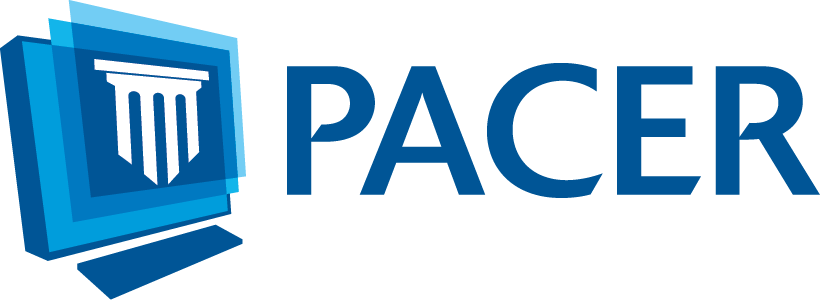The Judiciary Can Still Charge Users to Access Court Documents But Not the Full Ten Cents Per Page
Today’s Federal Circuit opinion upholding some fee collection puts onus on Congress to fix inequities in court doc billing
 Transparency advocates at Fix the Court have mixed reactions to today’s Federal Circuit opinion in 19-1081, NVLSP v. U.S., that upheld PACER fees – some amici had urged the court to eliminate them entirely – but said the U.S. Courts may only charge what’s necessary to maintain PACER’s operating budget, which is significantly lower than the $145 million it brings in each year.
Transparency advocates at Fix the Court have mixed reactions to today’s Federal Circuit opinion in 19-1081, NVLSP v. U.S., that upheld PACER fees – some amici had urged the court to eliminate them entirely – but said the U.S. Courts may only charge what’s necessary to maintain PACER’s operating budget, which is significantly lower than the $145 million it brings in each year.
“The Federal Circuit’s decision is a step in the right direction, but it doesn’t change the facts: it’s a disgrace the judiciary charges people anything, let alone 10 cents per page, to view public documents that cost the third branch a fraction of a penny to upload and store,” FTC’s Gabe Roth said. “If the transparency-allergic Supreme Court can maintain an online filing system that costs users nothing to access, the rest of the judiciary should be able to, as well.”
The CAFC decision squarely puts the onus on Congress, saying the 2002 E-Government Act, which included language aimed at reducing the cost of retrieving court documents, did not require the judiciary to abandon a fee structure entirely.
Right now, three bills that would make PACER free await action: H.R. 1164, led by Reps. Collins and H. Johnson; S. 2064, led by Sens. Cruz, Hirono, Portman and Wyden; and H.R. 6017, led by Reps. Nadler, H. Johnson and Quigley. The first two are bipartisan; the latter two lay out in extensive detail how the U.S. Courts would generate the modest revenue needed to build a free PACER system, i.e., via small increases to filing and other fees. All three bills would require the judiciary to build a new case management and electronic case filing system that would permit searches across all courts and would require documents filed therein to be text-searchable and machine-readable.
“I urge Chairman Graham and Chairman Nadler to advance legislation to end the 30-year theft that is PACER at the earliest possible moment,” added Roth.
A casual observer might assume that accessing public documents would cost zero dollars, yet anyone who’s tried to view and download federal court filings knows how quickly charges can pile up. According to the Free Law Project, some federal court cases comprise so many filings that it’d cost a researcher less to buy a new car than to download them all.
Last September, the House Judiciary Committee’s Courts Subcommittee held a hearing examining PACER’s fee structure, which was panned by leaders in both parties.
“Accessibility and openness [in the federal courts] entail more than cameras and audio. It is critical that the public has a meaningful and modernized way to access court records,” Chairman Nadler said at the time.
Ranking Member Collins added: “For centuries our federal judiciary has been the pillar of our democracy because it has held itself to the highest of standards. But in the area of employing technology, well, maybe you need to catch up a little bit. […] States like my home state of Georgia have electronic records systems that enable easy searches and free access to records, yet the federal court records are very difficult to search through, and the system charges users to view each page! While state courts and law firms are in sports cars, the federal courts are riding bicycles, and we need to make a change.”